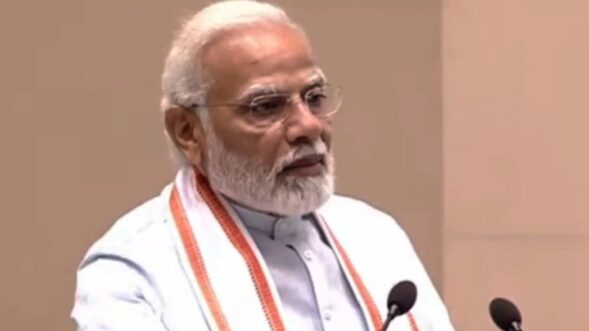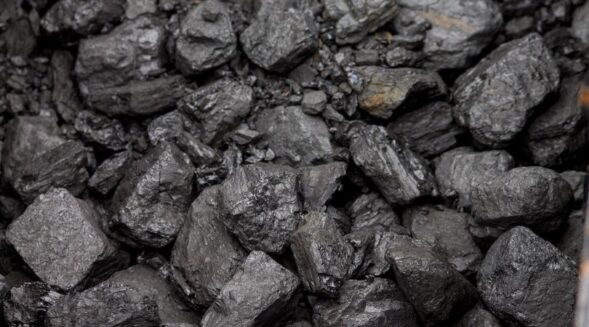
By Olav Albuquerque
The International Court of Justice (ICJ) is the weakest organ of the United Nations because its powers depend on whether a nation agrees to appear before it or not. Its decisions can only be implemented through the Security Council, which is why Russia cannot be forced to withdraw from Ukraine. Russia and its erstwhile communist crony, China, are both permanent members of the Security Council, jeopardising security throughout the world.
The decision to entrust global security to five permanent nations is to be rued for all time to come because it is mainly Russia and China among the five permanent Security Council members who seek global hegemony. This has reduced The Convention on the Prevention and Punishment of the Crime of Genocide (Genocide Convention in short) signed in 1948 to a farce because the convention has been flouted time and again by Russia and China while India has been a passive spectator.
Ukraine approached the ICJ against Russia accusing it of lying that.
Ukraine was committing genocide in its own territory to justify committing genocide in the garb of self-defence. A lie becomes the truth when oppressors like Russia repeat a lie a million times to massacre innocent civilians.
After Ukraine complained to the ICJ, the latter established that it had the jurisdiction to try this international dispute which has culminated in the genocide of over one million people, The Genocide Convention is binding on both Russia and Ukraine apart from 140 member states of the United Nations.
But if a member state like Russia thumbs its nose at global opinion, neither the ICJ nor the Security Council can do much. This is proved by the fact that China invaded Tibet in 1949 killing 1.2 million Tibetans and razing 6,000 Buddhist monasteries, culminating in at least 1,000 Buddhist monks setting themselves ablaze to protest the desecration of their holy texts and lamaseries while India looked the other way.
Today China occupies over 38,000 square kilometres of Indian territory in Ladakh and Pakistan Occupied Kashmir, where genocide is passe. The fact remains that after the 1962 debacle, India cannot afford to declare war against China which uses Pakistan as a frontier state to neutralise India.
Just as Russia has committed genocide in Ukraine, the Pakistan armed forces have committed genocide in Balochistan and China has massacred millions of Tibetans because it wants the land but not its indigenous people. The United Nations and its judicial organ, the ICJ, has not been able to stymie these acts of genocide against the helpless peoples of Balochistan and Tibet, leave alone Ukraine.
But to return to the issue at hand, the ICJ reasoning directing Russia to stop the genocide of Ukrainians is in three parts. First, the court held it had prima facie jurisdiction in this dispute because the subject matter fell under the Genocide Convention. But Russia countered this through a patently absurd argument by stating that it had a right to self-defence under Article 51 of the United Nations Charter.
The ICJ rightly rejected this absurd argument put up by Russia by stating that the existence of a dispute is a matter of substance and really not a question of form or procedure. Russia’s tactic of alleging that Ukraine had been committing genocide in the Donetsk and Luhansk regions is akin to China alleging that India had illegally occupied Chinese territory to justify its killing our soldiers. Repeat a lie and it becomes the truth.
Third, the ICJ opined that if it did not order the cessation of military action, this will culminate in irreversible harm to Ukrainian rights. This becomes obvious when news channels telecast the bombing and resultant destruction of homes in Ukraine resulting in the genocide of pregnant women and aged people who are not directly involved in the war.
The Indian Supreme Court has to rely on the government machinery to enforce its own decisions despite the legal fiction that the judiciary is an independent organ of the state. Similarly, if Russia continues its military operations against Ukraine, this will be a blatant violation of international law which Vladimir Putin does not care for, anyway.
This has been proved with Putin’s advisor, Anatoly Chubais, 66, having left the country after resigning from the Kremlin. He cited his opposition to Putin’s war in Ukraine, according to two confidantes within the Kremlin.
Till date, he is the highest official to resign from Putin’s cabinet over the invasion of Ukraine.
The ICJ does not have the power of contempt of court like the Indian Supreme Court which can enforce its own decisions by using this weapon, although the maximum punishment is only six months in jail. The remedy for not complying with ICJ decisions lies with the Security Council which is dominated by Russia and China.
China has backed Russia over its invasion of Ukraine, proving that the ICJ cannot implement its own rulings if member-nations choose to thumb their nose at its decisions, which is what Russia is doing now and China has done in the past when it massacred all those who were demanding democracy in Tiananmen Square in 1989.
Just as the world, including India, looked the other way, when China massacred its own citizens, the United States and the rest of the world seem to be doing precious little to stop the onslaught of Russia in Ukraine, apart from providing money and munitions to the latter.
(Dr Olav Albuquerque is a senior journalist-cum-advocate of the Bombay High Court.)






